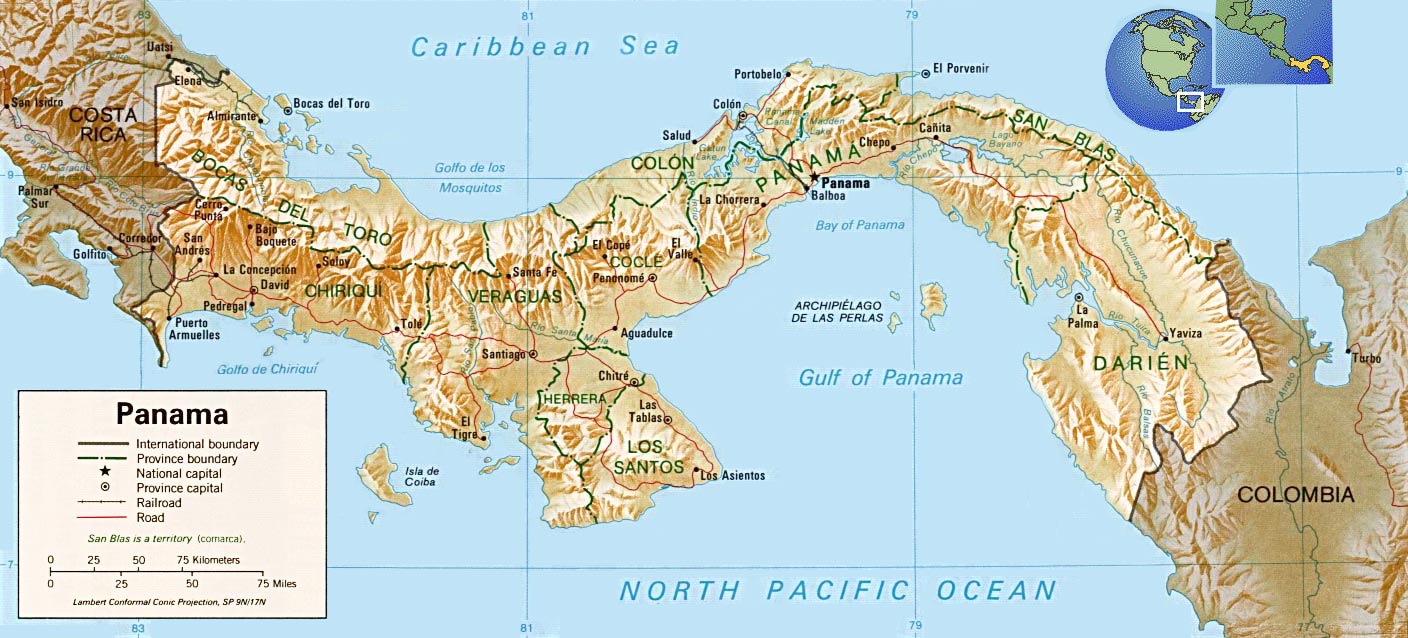 So, I’ve spent most of today thinking about the epigraphs in Daniel Deronda. (I know, I know—it’s what you think about every day too.) I think my copy of the book is going to be in a pretty dire state by the time this paper is written. Supposedly within two weeks—how am I going to get all this thinking done in two weeks?
So, I’ve spent most of today thinking about the epigraphs in Daniel Deronda. (I know, I know—it’s what you think about every day too.) I think my copy of the book is going to be in a pretty dire state by the time this paper is written. Supposedly within two weeks—how am I going to get all this thinking done in two weeks?I sat down with them this morning (at Baked and Wired, as usual). I typed them all out over the last week or two, and with my printouts I started to scribble all over them.
 Somehow, it seems like there are so many in other languages—but it’s only 12 out of the 73. Five in French, five in German, two in Italian. The German and Italian ones are the most interesting for me. Out of the 61 leftovers that are in English, 30 were written by George Eliot herself (next most-used author is, appropriately, Shakespeare at five, followed by Wordsworth at four) and five are actually translated from other languages—including one each from French and Italian. It’s an odd body of material. An odd lot of numbers I’ve got—it reminds me of the end of last semester, when I was suddenly driven to counting pages and illustrations in Bleak House, figuring out that Esther Summerson actually spends twice as much time outside of Bleak House as she does in it. Here I’ve made lists not just of the epigraphs, but also which characters are in each chapter, so I can try to sort out if there are patterns in her use of epigraphs between the English plot and the Jewish plot. It all makes for an odd game of literary detective-itis. Was that more than you ever wanted to know about the epigraphs of Daniel Deronda?
Somehow, it seems like there are so many in other languages—but it’s only 12 out of the 73. Five in French, five in German, two in Italian. The German and Italian ones are the most interesting for me. Out of the 61 leftovers that are in English, 30 were written by George Eliot herself (next most-used author is, appropriately, Shakespeare at five, followed by Wordsworth at four) and five are actually translated from other languages—including one each from French and Italian. It’s an odd body of material. An odd lot of numbers I’ve got—it reminds me of the end of last semester, when I was suddenly driven to counting pages and illustrations in Bleak House, figuring out that Esther Summerson actually spends twice as much time outside of Bleak House as she does in it. Here I’ve made lists not just of the epigraphs, but also which characters are in each chapter, so I can try to sort out if there are patterns in her use of epigraphs between the English plot and the Jewish plot. It all makes for an odd game of literary detective-itis. Was that more than you ever wanted to know about the epigraphs of Daniel Deronda? It’s times like these that I wonder what intensive study of literature has driven me to? But I think I’m the only page-counter/epigraph-mapper in the department… Nonetheless, I do really enjoy it. And figuring out the patterns is strangely satisfying. I’m sure, however, it’s changed the way I read. I remember the first time I read Middlemarch I skipped about half the epigraphs. Ah, the foolhardiness of youth…
It’s times like these that I wonder what intensive study of literature has driven me to? But I think I’m the only page-counter/epigraph-mapper in the department… Nonetheless, I do really enjoy it. And figuring out the patterns is strangely satisfying. I’m sure, however, it’s changed the way I read. I remember the first time I read Middlemarch I skipped about half the epigraphs. Ah, the foolhardiness of youth…Looking for images of George Eliot, I’m not sure whether I’m pleased or alarmed to find Eliot-quoting magnets for sale.
A few days ago I was exhausted and so glad that classes would be over. Monday night, though, I had my last class with the Liberal Studies group I’ve been a TA for, and I’m really sad that I won’t be working with them again. Though I’m hoping I’ll see them in the writing center, or in other classes if I’m TAing again next year.
I don’t think I’m going to be good for much over the next two weeks. Well, except coffee drinking. The Baked and Wired crew will be sure to get sick of me!































